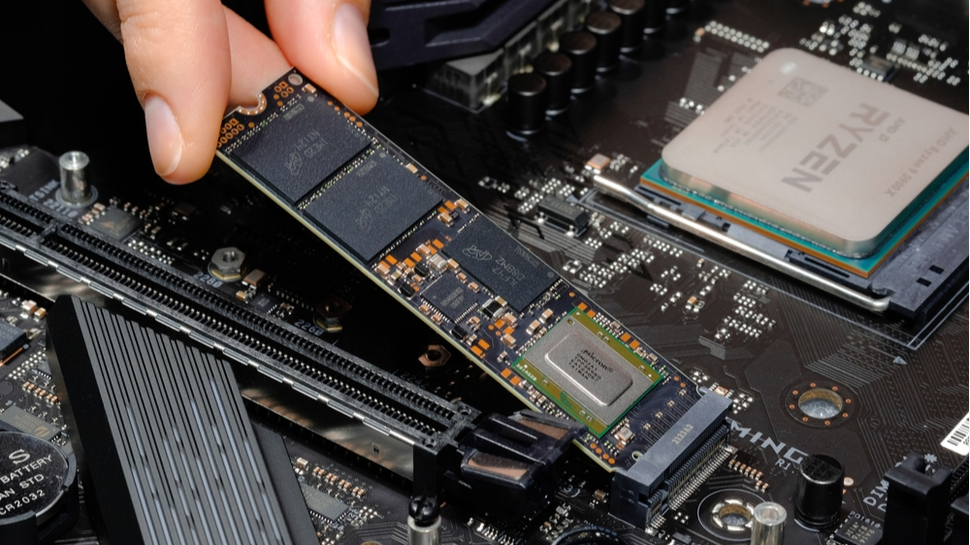Good news - SSDs aren’t really getting any less reliable
New report claims it could be a good time to change up your storage medium

Cloud storage and backup company Backblaze, which has become synonymous with its regular SSD and HDD reliability tests, has just announced new figures that will make very pleasant reading for most users.
This time, the company approached its report by mulling over the statistics of the first six months of 2023, making it the most up-to-date study we have on the state of the market.
With 3,144 SSDs in its storage servers, the figures have also become more reliable compared with last year’s end-of-year report, when the company had 2,558 SSDs on its books.
SSDs continue to be reliable
Cross-referencing the number of drives it has with the number of failures experienced, alongside other factors such as device age, allows Backblaze to produce what it calls annualized failure rates (AFR).
The second quarter of 2023 saw SSD AFRs climb to 1.05%, up from 0.96% during the first three months of the year. In reality, these figures are no cause for concern, with 2022’s AFR standing at 0.98% for the year, and 2021’s AFR coming in at 1.05%.
Even so, the company’s SSD reporting remains slightly less reliable than the figures it produces for HDDs purely on the basis of having fewer SSDs. Backblaze said it “like[s] to see at least 100 drives and 10,000 drive days in a given quarter as a minimum before [it] begin[s] to consider the calculated AFR to be ‘reasonable’.”
Of the 14 different SSD models it uses, only four (29%) meet these criteria, with two others falling just short of the ideal minimum number of days. By contrast, 26 of the 29 HDDs on Backblaze’s books, or 90%, met the criteria.
Are you a pro? Subscribe to our newsletter
Sign up to the TechRadar Pro newsletter to get all the top news, opinion, features and guidance your business needs to succeed!
In reality, the latest figures aren’t too dissimilar from Backblaze’s lifetime AFRs. Since it has been ranking SSDs in 2018, their AFRs have averaged out at 0.90%.
What it does show is that SSDs have favorable reliability scores to HDDs, with the latter experiencing growing AFRs annually to the point that, by the end of 2022, HDDs had an AFR of 1.37%.
More from TechRadar Pro
- Thinking of upgrading? Here are the best HDDs around
- SSDs are getting more reliable, and we have the numbers to prove it
- Want to take control of your own storage? We’ve rounded up the best NAS devices
With several years’ experience freelancing in tech and automotive circles, Craig’s specific interests lie in technology that is designed to better our lives, including AI and ML, productivity aids, and smart fitness. He is also passionate about cars and the decarbonisation of personal transportation. As an avid bargain-hunter, you can be sure that any deal Craig finds is top value!
